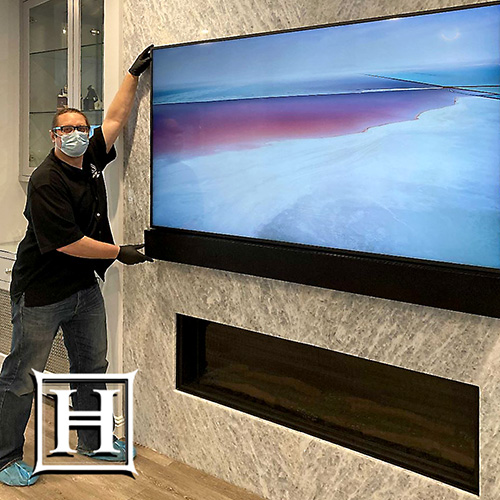
Samsung has 19 different 75″ TVs!
One of the biggest names in television, Samsung, has 19 different versions of the increasingly popular 75″ size, ranging in price from $849 to $9,999* – Deciding which model is best for you amongst so many choices can lead to something called “analysis paralysis”. Feel free to jump to the end to get my personal recommendation.
Why so many choices?
To be fair, some of these TVs are application specific, meaning they are designed and priced for a specific purpose. It’s also important to mention that Samsung doesn’t come out with that many new TVs in a year. Many are still currently available models from the previous year. “Last year’s model” or “End of life” units are still very viable options especially considering they are sold at reduced prices.
So how do I choose?
Considering modern tvs usually last many years, (the national average is 8 years), you’ll want to understand that you’ll likely be watching this TV for a while. Think “enjoyment amortization”. That combined with the fact that there aren’t any new, earth-shaking, technologies on the horizon that would compel a new purchase, you should really consider a higher-end model than you might normally. So how do you choose a television? Having a budget is helpful but there is really no substitute for knowing what you want in a television. To know what you want, ask yourself some questions…
Questions to ask yourself before deciding.
The best way to select a TV for yourself is to understand how you’ll be using it. Ask yourself some questions about the environment in which it will be placed as well as your viewing habits. Certain technologies lend themselves to specific content. For example, having a wide viewing angle, something great for family viewing with L shaped seating is best achieved with IPS panel technology. Conversely, the fast pixel response, variable refresh rate, and next generation HDMI ports required for X-Box and Play Station 5 gaming are better served with a VA panel or similar. Once you have these questions answered, the feature sets of various models begin to make sense.
Will this be your main viewing television?
Sometimes you’re looking for a television for a guest room or rental property and you can’t justify the additional expense. Samsung’s budget models are identified as “Crystal UHD”. The current budget model is the Samsung Crystal UHD AU8000. It’s not a bad TV, however for just a little bit more you can get a Quantum Dot TV, the Samsung Q60A, which provides a noticeably better image. The Q60A offers good performance at a low cost. If this is going to be your main viewing television, stay away from “Crystal UHD” as the picture quality is simply not as good as Samsung’s higher-end, Quantum Dot televisions.
Will this TV be wall-mounted?
If you plan on spending money on a proper wall-mounted installation you understand that the TV will be in place much longer than if it were just sitting on a credenza. This can help justify a higher price point. Also consider how the TV will look when it’s not in use. Rather than have a large black rectangle attached to the wall, consider Samsung’s “The Frame”. “The Frame” series televisions can function as a work of art. The featured picture on this blog post is, in fact, yours truly installing a 75″ Samsung Frame TV. Samsung also has a nearly zero bezel TV they call “infinity edge”. This particular 8K TV will set you back $6,500 and it’s model number is the QN900B. This is the perfect choice for a luxury home statement piece.

What type of content will you watch?
Do you watch movies or broadcast television? Are you a streamer or satellite subscriber? Will you be using the TV for video games? Different TVs are better at certain types of content. As one might expect, a TV that is great at every type of content will be the among the pricier of the different options. For example the QN90B, a TV known for being really great at everything, is at least $700 more than the QN85B. It’s very important to note that if you plan to use a TV primarily for movies, stay away from the ADS type panel found in the Samsung QN85A QLED or the low brightness VA panel in the Q60B QLED. Rather, consider the QN90A as it has a bright VA panel and local dimming tech to really snap up the contrast. The peak brightness of the QN90A also makes it an excellent choice for HDR movies. For high performance gaming you’ll steer toward variable refresh rate and low input lag tech found in the Q90A or even the low cost Q60B. For regular broadcast TV or in situations where the TV may be left on all day the QN85A is a great choice.
Are you using this TV at work or in a home office?
Samsung QN90B QLED is a fantastic choice for office users as it works beautifully as a PC monitor. The reason is because it supports most common computer resolutions as well as chroma 4:4:4, a technology which is essential for clear text. Additionally this TV supports Google Duo, a video-call technology where up to 32 people show up directly on your TV simply by connecting a supported webcam.
Will you be integrating this TV into a surround sound system?

As is to be expected, televisions nowadays are super-thin which doesn’t leave much room for the speakers. Consequently, they tend not to sound good. The built-in speakers are simply too small. Making things worse, a television’s built-in speakers usually fire backward to reflect off the wall. The best way to remedy this situation is to integrate the TV with an external sound system including surround sound speakers and a dedicated AV processor. At the very least, consider a soundbar. Some manufacturers of soundbars such as James Loudspeaker and Leon make soundbars that are precisely matched to the model TV you’ve selected. You can see a James soundbar in the feature photo above.
Will you be using this TV outdoors?
Outdoor TV viewing is becoming quite popular, especially in sunny Los Angeles, where I live. Outdoor TVs need specialized construction, air-conditioning built-in, UV resistant glass and exceptionally bright display panels to compensate for the high ambient light found outside. There are brands like Seura that are especially suited for this task but recently Samsung has introduced two different outdoor TV models at a competitive price point. The difference between them is the brightness for which they are designed; Partial Sun or Full Sun. These TVs don’t have model numbers but rather they rely on a more friendly naming convention: The Terrace
Samsung television prices
The following Samsung 75″ models are listed from least expensive to most expensive. This list was created May of 2022 so please contact us for the most current pricing. 310-641-4700

The bleeding edge: QD-OLED
This year Samsung introduced a completely new technology in their QS95B. It is the first Quantum Dot OLED display (QD-OLED), which uses blue OLED panels combined with quantum dot color technology to achieve a brighter image with rich, saturated colors. This series TV could possibly win “Best Samsung TV for movies & HDR content” except that it isn’t available in 75″ as of this writing and I haven’t seen it in person.
The Verdicts – Best Samsung 75″ TV for…
- Best 75″ TV for mixed use – QN90A
- Best 75″ TV for gaming – QN90A or Q60B
- Best 75″ TV for movies – QN90A
- Best 75″ TV for broadcast television – QN85A
- Best 75″ TV for outdoors – The Terrace
- Best 75″ TV for interior decorators – The Frame
- Best 75″ TV to use in an office environment – QN90B
- Best 75″ TV to be used as a statement piece in a luxury home – QN900B
- Best 75″ budget TV – Q60A
What about Sony or LG?
We at Haas Entertainment are huge fans of Sony televisions and we recommend them for many of our clients. This blog post however is about different Samsung TVs. To find out which TV is right for you, consider contacting one of the experts at Haas Entertainment. Generally speaking however, Samsung TVs tend to have more gaming features than Sony, such as 144Hz refresh and VRR support. Sony TVs are usually a little better built with a mostly metal framing. Sony prides themselves on having better color accuracy, but Samsung isn’t bad by any measure. Perhaps the biggest difference is Sony’s support for DolbyVision, a branded color space that is used by many studios.
Versus LG, Samsung TVs generally have better picture quality particularly when compared to LED-backlit LCD TV. Samsung TVs are brighter and have better contrast, however LG TVs generally have wider viewing angles and better smart features for whatever that’s worth. Conversely, LG’s OLED models are better for dark rooms than Samsung TVs because of the near-infinite contrast inherent to OLED.

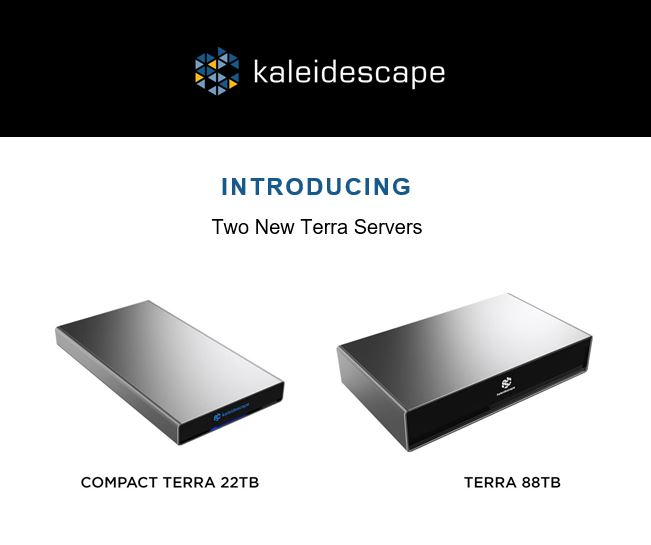

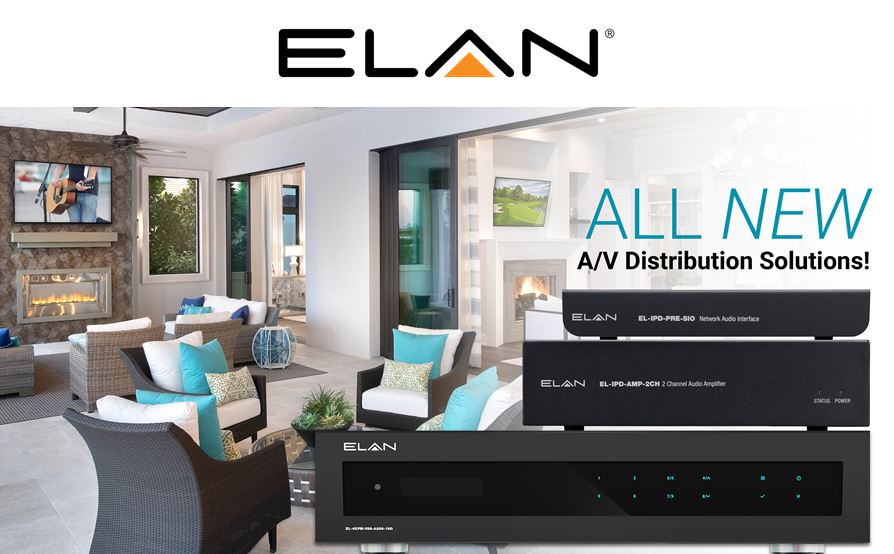
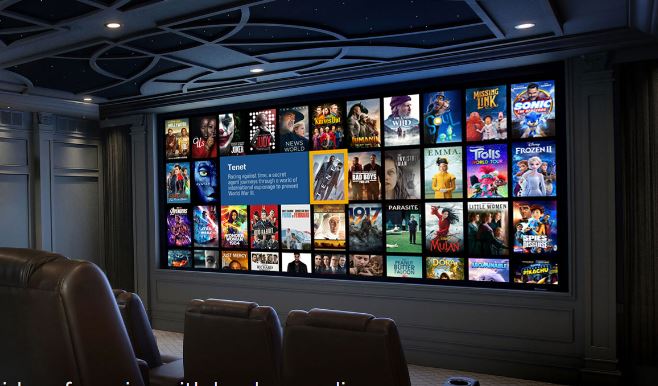
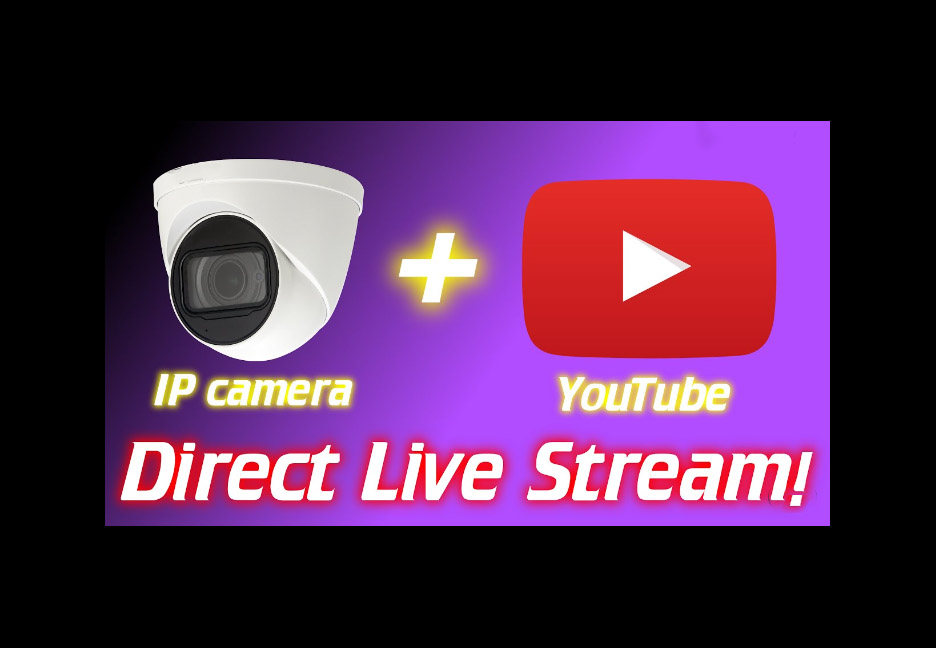
Leave a Comment